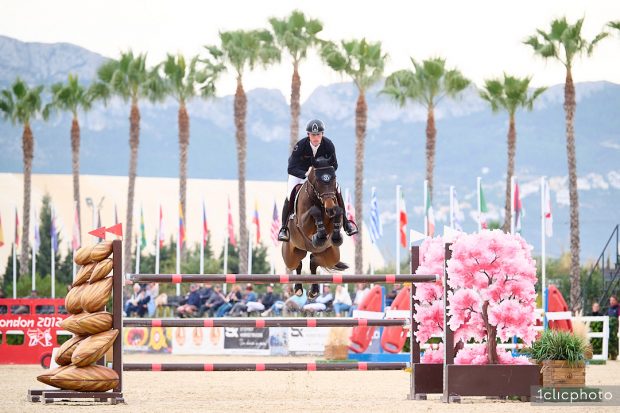Lantra, the government’s learning and skills body, has issued a report calling for recognised training standards in equine barefoot trimmers and dental technicians after a survey revealed significant variation within the professions.
Although there are currently organisations, such as the Equine Podiatry Association and the British Association of Equine Dental Technicians, that provide courses, diplomas and register members, it is legal to practice as a “paraprofessional” without formal qualifications.
Lantra’s industry partnership manager Lisa Jarvis says the body will work in partnership with professional organisations and Defra to develop industry-wide occupational standards for these paraprofessionals’ training, skills and qualifications.
“This will ensure that people undertaking the work are suitably experienced and competent,” she said.
David McDowell, RSPCA representative for the National Equine Welfare Council, agrees that both paraprofessions need a protocol.
“There should be a formal legislation so that only qualified dental technicians and barefoot trimmers can work, and if they behave badly they can be struck off,” he said. “For horses, owners and other professionals, we need a protocol to remove the scope for malpractice.”
Although barefoot trimming falls outside the Farriers (Registration) Act 1975, Felicity Heather, registrar at the Farriers’ Registration Council, would welcome the move.
Apprentice farriers have to complete over four years of apprenticeship and pass an exam.
“The council would like to see all those involved in equine hoofcare trained to a competent standard and regulated as vets and farriers are,” she said.”




